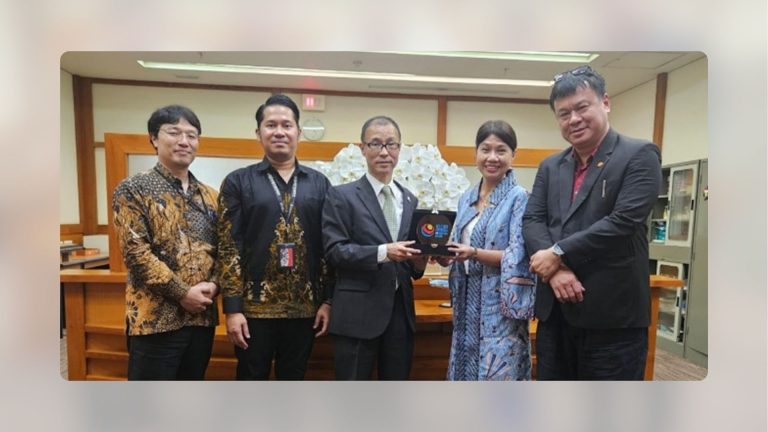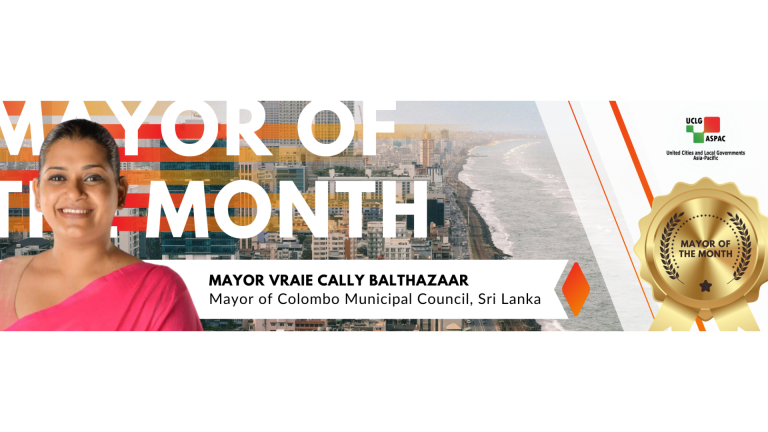Citizen’s Engagement – Goyang (South Korea)
CONTEXT
Local governments of South Korea once faced a highly centralised national government. During that period, local governments only performed authorities in executing instructions of national/central government in the country. In late 1980s, however, there was a huge movement from local people (academicians, media, private sectors, local people) that united and amplified their voices to transform existing system into democratic consolidation: Citizen’s Coalition for Economic Justice (CCEJ), People’s Solidarity for Participatory Democracy (PSPD), Citizen’s Coalition for Better Government (CCBG), and Civic Movement for Decentralisation (CMD). The movement resulted in first implementation of direct presidential election, which was conducted in 1987. Afterwards, there was a huge transformation in the role of local governments: from centralised to local government-center. With the commitment to implement SDGs, local governments in the country sought way to find the most suitable approach to achieve the goal, be it top-down (centralised) or bottom up.
INNOVATION
Local governments and national level government of the country have agreed to apply functional governance, meaning optimising roles of each function (national and local level government) and at the same time conducting deep analysis on each goal to identify which will be best achieved by which role. While conducting the analysis, there were several acknowledgements: 1) localisation did not come from national government’s fault, 2) it did not merely mean transfer of power from central to local government, and 3) empowerment to local government was obviously needed. Based on the analysis, discussion and agreement, local governments and national government in South Korea finally came up with division of roles in achieving the SDGs, based on their current government structure.
IMPACT
The local government knows clearly their roles and which goals they need to focus to achieve. Goyang City, for example, knowing Goal 6, 11, 13, and 15 as their focus, firstly studied what their city could do in achieving those goals. Based on that study, city government effort focused on climate action as their target. In making the efforts, local government of Goyang also invited local people to participate. The Goyang City government is now planning and implementing actions to reduce emission and has engaged UNFCCC in project implementation. In the field of public sanitation, Goyang City installed smart-trash bin based renewable energy. They have also expanded green areas and strengthened implementation of central government policies in the city. This has resulted in stable growth of each city that contributes to the stable growth of the country.











